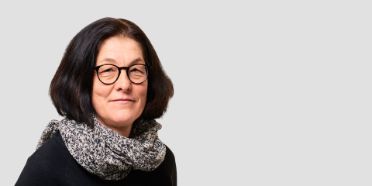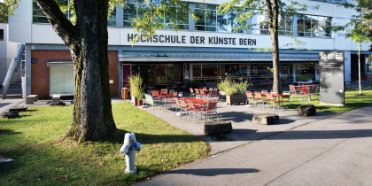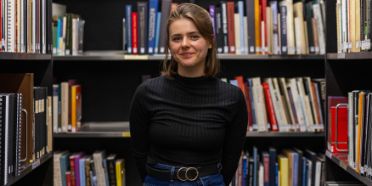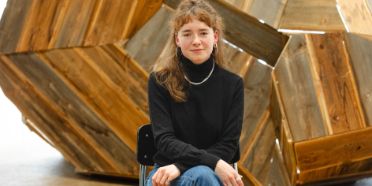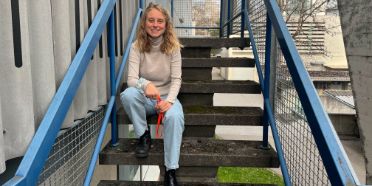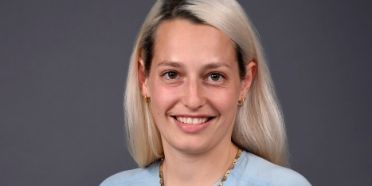Focus areas
This practice-oriented Master's programme builds on the Bachelor's degree in Conservation. It allows you to expand your conservation and restoration skills in the specialisations: Architecture and Furnishings; Paintings and Sculptures; Graphics, Written Material and Photography; Contemporary Art and Media.
What you will gain with your degree
The Master of Arts in Conservation-Restoration allows you to expand and deepen your specialist knowledge and practical skills in your area of specialisation.
The Master's degree certifies you as a fully qualified professional in conservation-restoration according to the standards of the E.C.C.O. (European Confederation of Conservator-Restorers' Organisations). It prepares you to take on responsibility for conservation projects involving art and cultural artefacts.
Specialisations
The specialisation you choose in your Bachelor's degree programme stays the same throughout your Master's degree programme.
